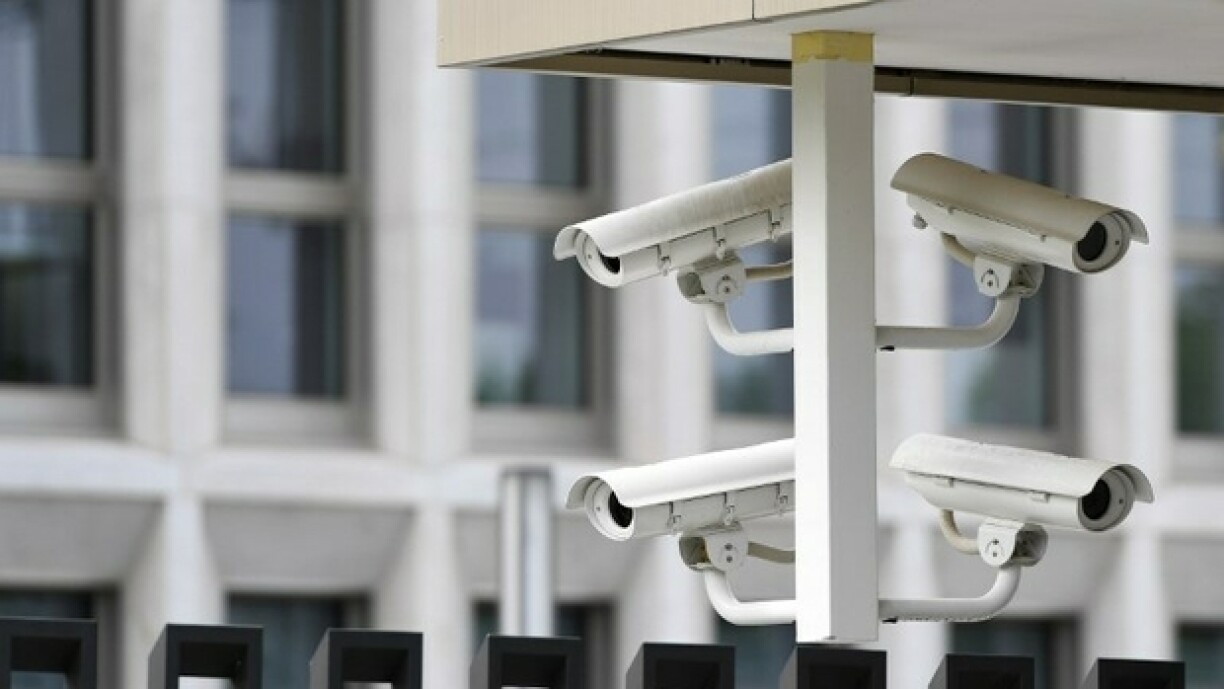
A government plan to accelerate the approval process for video surveillance systems has drawn criticism from both the Public Prosecutor’s Office and the Consultative Human Rights Commission (CCDH).
Under the proposed changes, both bodies would retain the right to submit a formal opinion on camera installation requests but would be limited to a one-month deadline to do so. In published opinions, the two institutions have stated this timeframe is too short for a proper assessment.
Minister for Home Affairs Léon Gloden has defended the measure, arguing that realistic deadlines are necessary to prevent authorisation processes from stretching to a year or more. He cited a recent case where the Public Prosecutor’s Office submitted its opinion within two weeks as proof that the new timeline is feasible.
The Luxembourg Socialist Workers’ Party (LSAP) and the Green Party (Déi Gréng) sought to delay the parliamentary vote by inviting the critical bodies back to the committee for further discussion. This motion was voted down by the majority coalition.
Following the decision, LSAP MP Dan Biancalana expressed his disappointment, stating that the case “has once again [shown] the presumptuousness and arrogance with which the majority parties have treated the opposition.” He emphasised the importance of the law and noted that, despite no formal opposition from the Council of State, two “very critical” opinions had been raised.
Green Party MP Meris Šehović has expressed qualified support for streamlining video surveillance approvals, acknowledging that authorisation processes should not be excessively long. Citing his experience on the Esch-sur-Alzette municipal council, Šehović noted that a 2023 request for camera surveillance at the train station is still ongoing.
However, he joined in the criticism, stating that the government appears to treat fundamental rights as administrative hurdles. “The protection of privacy, the protection of family life, the protection of personal data – all of this seems to be, above all, an administrative obstacle for this government”, Šehović said.
Separately, the parliamentary committee discussed an audit concerning the reform of the General Police Inspectorate (IGP).
The proposed law would formally oblige police officers to cooperate with the IGP. Additionally, in cases where an officer faces criminal proceedings or is suspended, an evaluation will be conducted to assess the potential for their professional redeployment within another service.